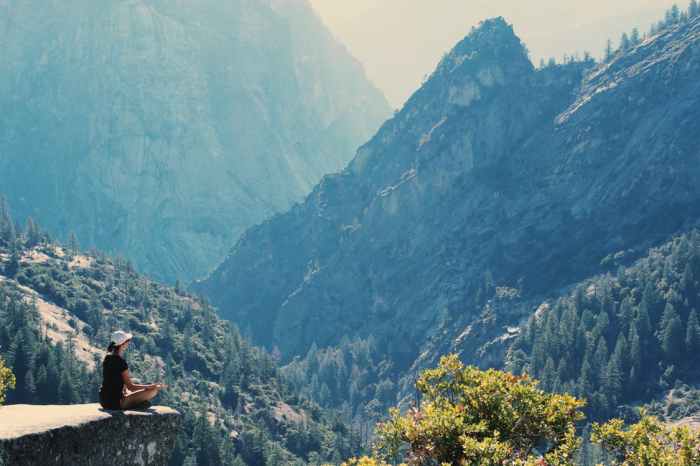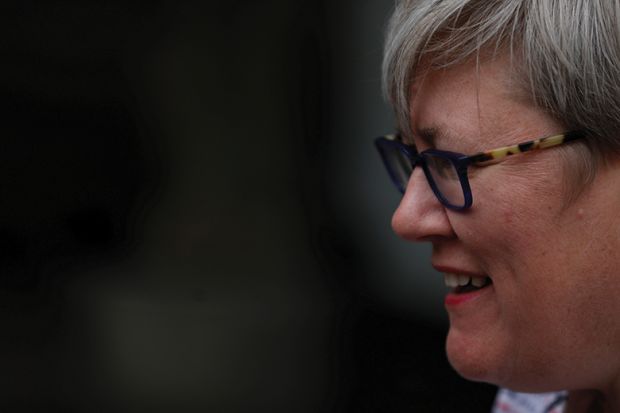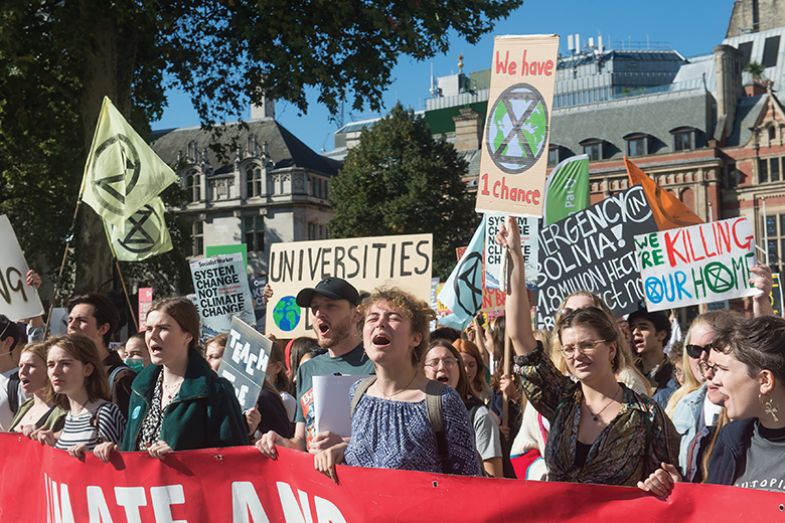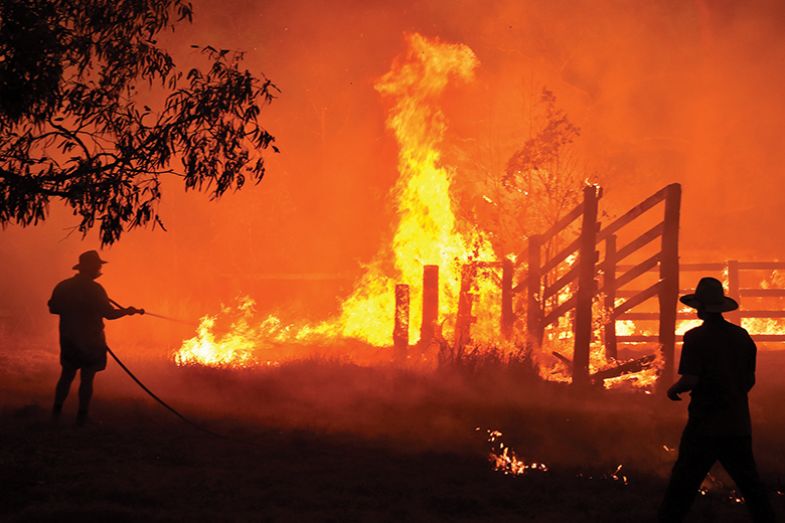“Are there any other tricks you know which will reduce the amount of sleep I need each night, so I have more time during the day?” an old friend asks me. With only the slightest hint of a wry smile I respond: “That is not really how it works…”
You see, I know this desire very well. To achieve more, work harder, be better, in the hopes that I would feel good about myself. My life was about eking out every last second I could, whether in work, socially or life generally. My perpetual state of anxiety was never sustainable. I collapsed many times into depression and never learned my lesson. Eventually all I had left was work. When I continued stubbornly down the path of ‘busy’, my mind played the only hand it had left. It broke.

I learned many things to help me recover. Within this arsenal of tools, the one I valued the most was meditation.
It is the primary tool I use for introspection, to reflect on my thoughts and feelings. To think about the deep questions in life: “What am I doing? Why am I doing it?” This has been invaluable during my PhD. Since I came back from being ill, I have meditated on almost every single piece of work, including this piece. When conscious there is too much information coming in, the product of my thoughts and ideas are always incomplete. Meditation gives the space to achieve a higher level of clarity.
Meditation is pretty much the most efficient way to do nothing. To just be. Traditional activities for taking a break – like watching TV, reading a book, having a conversation – which can be highly beneficial as a distraction from problems, still involve doing something. The individual is still taking in information, possibly adding to the clutter in their head, not attempting to tidy it. In meditation, one cuts out as much external stimulus as possible to allow reflection on internal thoughts and desires.

I am bemused that the academic community believes the best test of a student’s academic prowess is to completely isolate them at the end of a doctorate, forcing them to write the paper which will be used to judge the efforts of the previous three years of their life under time and monetary pressures that they have likely never experienced before. I certainly could not have done it without meditation. Perhaps it is this that depresses me the most. To see an old version of myself in others, working long continuous hours in isolation, anxiety etched on their worn faces. All for the fruitless philosophy of ‘that is how it was done when I got my degree, and when my father/mother got their degree before me’. I believe students often work the way they do because that is how they have always done things, with little reflection on any deeper reasoning than “hard work never hurt anyone”. (Judging from the statistics surfacing on the deteriorating mental health of post-graduate students, this is patently untrue). This, for me now, is a confusing way to live. Even when one does complete their task, the elation is fleeting, the disbanded social connections mean there is rarely someone to celebrate with. I feel it is a horrible way to spend each day.
Since I started meditating, time has a different meaning for me. There is rarely any purpose to spending time actively worrying. Nobody can expect to ‘give 110% effort’. We cannot work more than our minds allow, in the same way a computer cannot work faster than its processor allows. This does not mean that I am never occupied by work for long periods of time, or I am never stressed or anxious. The world is complicated. If my mind does not like the task I am doing, I meditate to reflect on why I am doing it and try to find a different perspective or motivation to help. More of my time is taken up, but when I am doing something, it is purposeful and efficient. The entire process becomes valuable and fulfilling to me.
Time is precious to us, so much so that we attribute huge importance and pressure to it. We are afraid of wasting it. However, I believe the most precious time is time spent with friends and family, and time spent trying to become a wiser and better person. It is a zen philosophy that everything we do is a waste of time! After all, we cannot take our achievements with us. So, take that extra hour of sleep. Meet with your friends, Skype with your family. Meditate for 5 minutes. It is there the time you desire is found.

by Alex Hubert
I graduated from the University of Kent with an MPhys in 2014. I then decided to take on the challenge of a physics PhD at Warwick, which I successfully completed in September 2019. Currently, I am writing a series of articles on mental health and wellbeing within the academic community as well as in general.
Tweet me @AJMHubert









